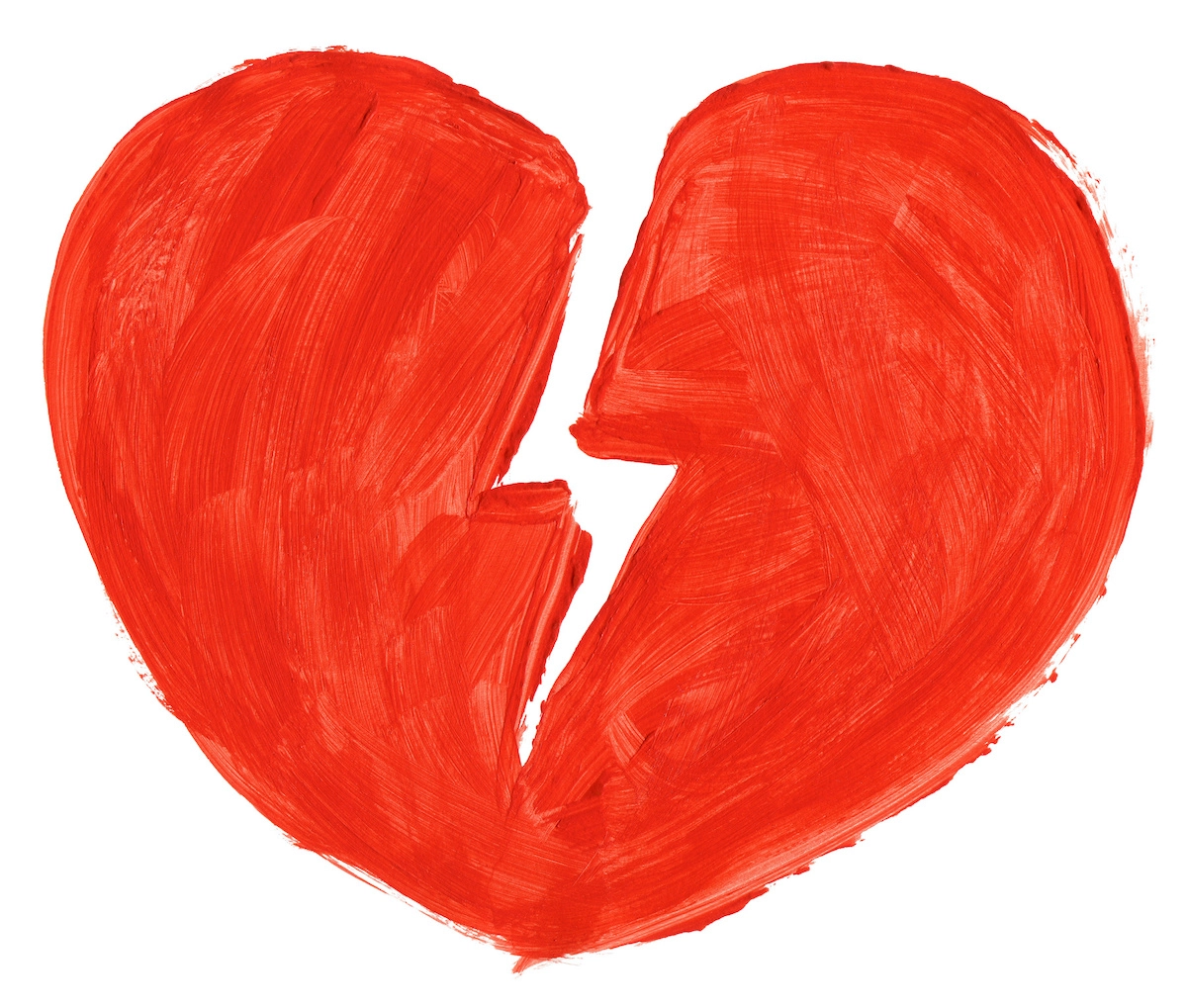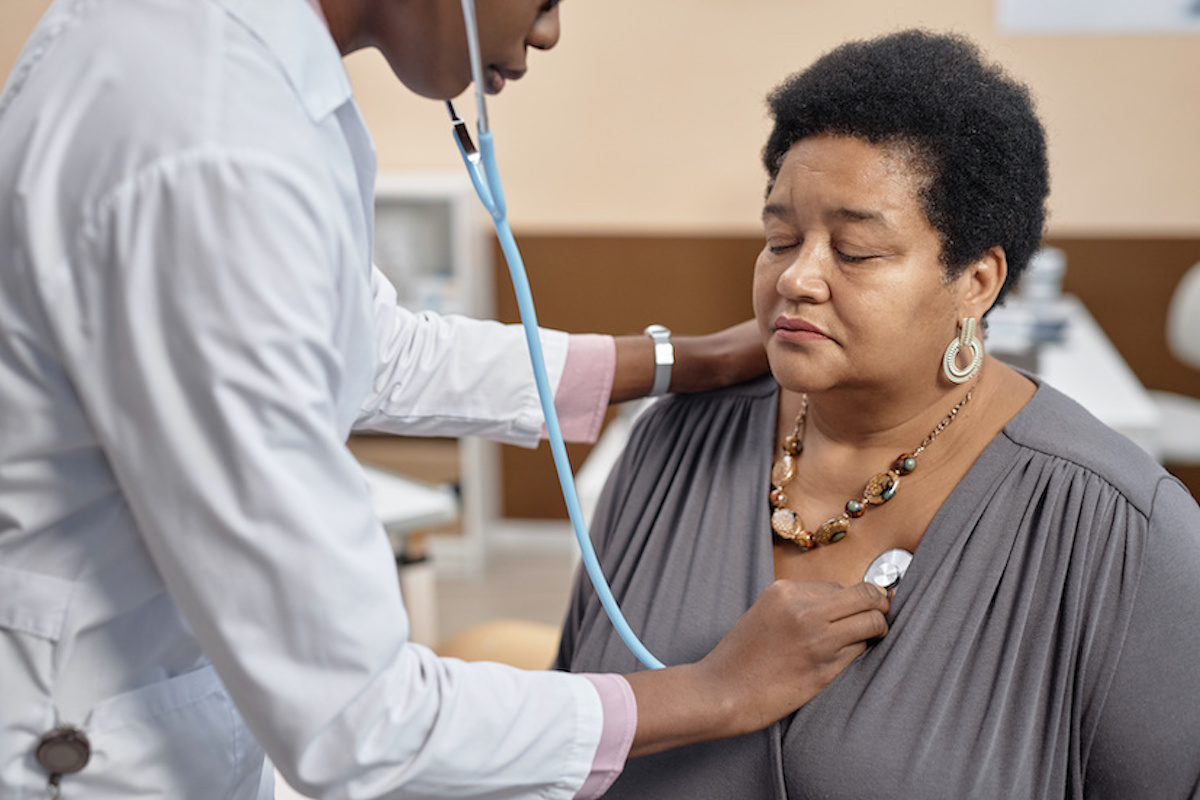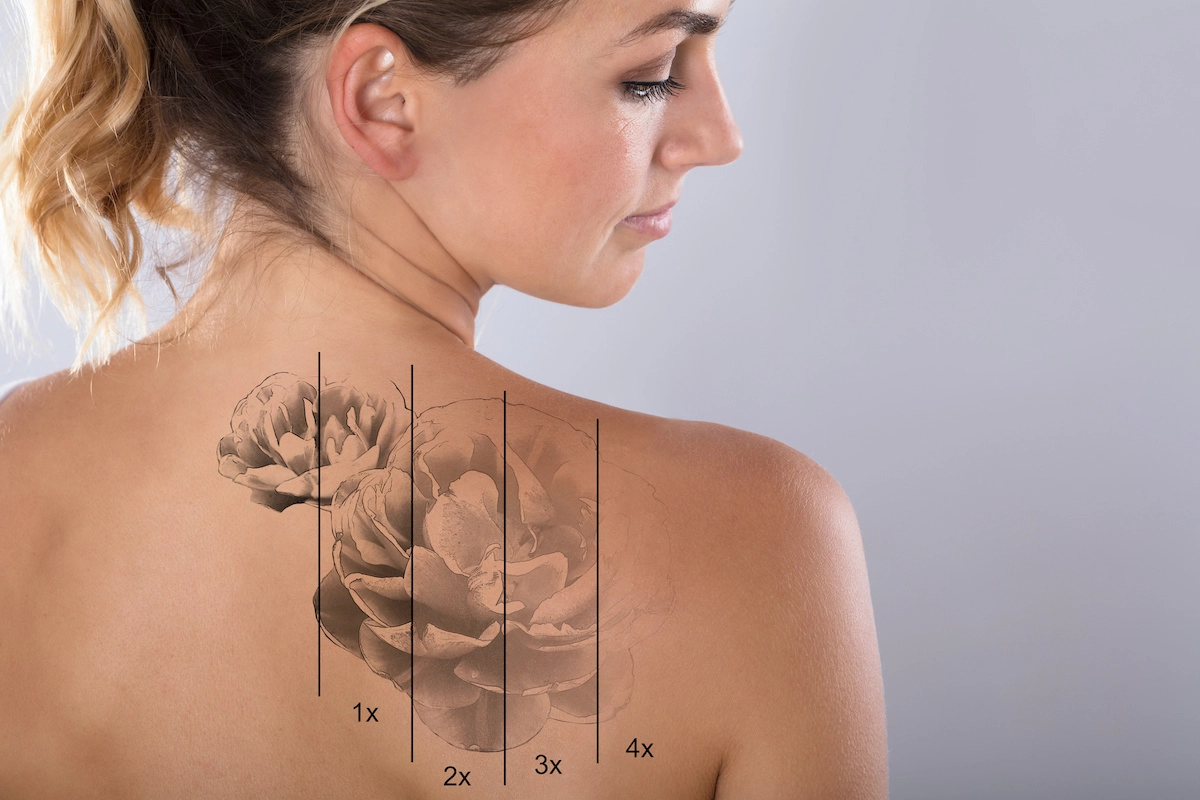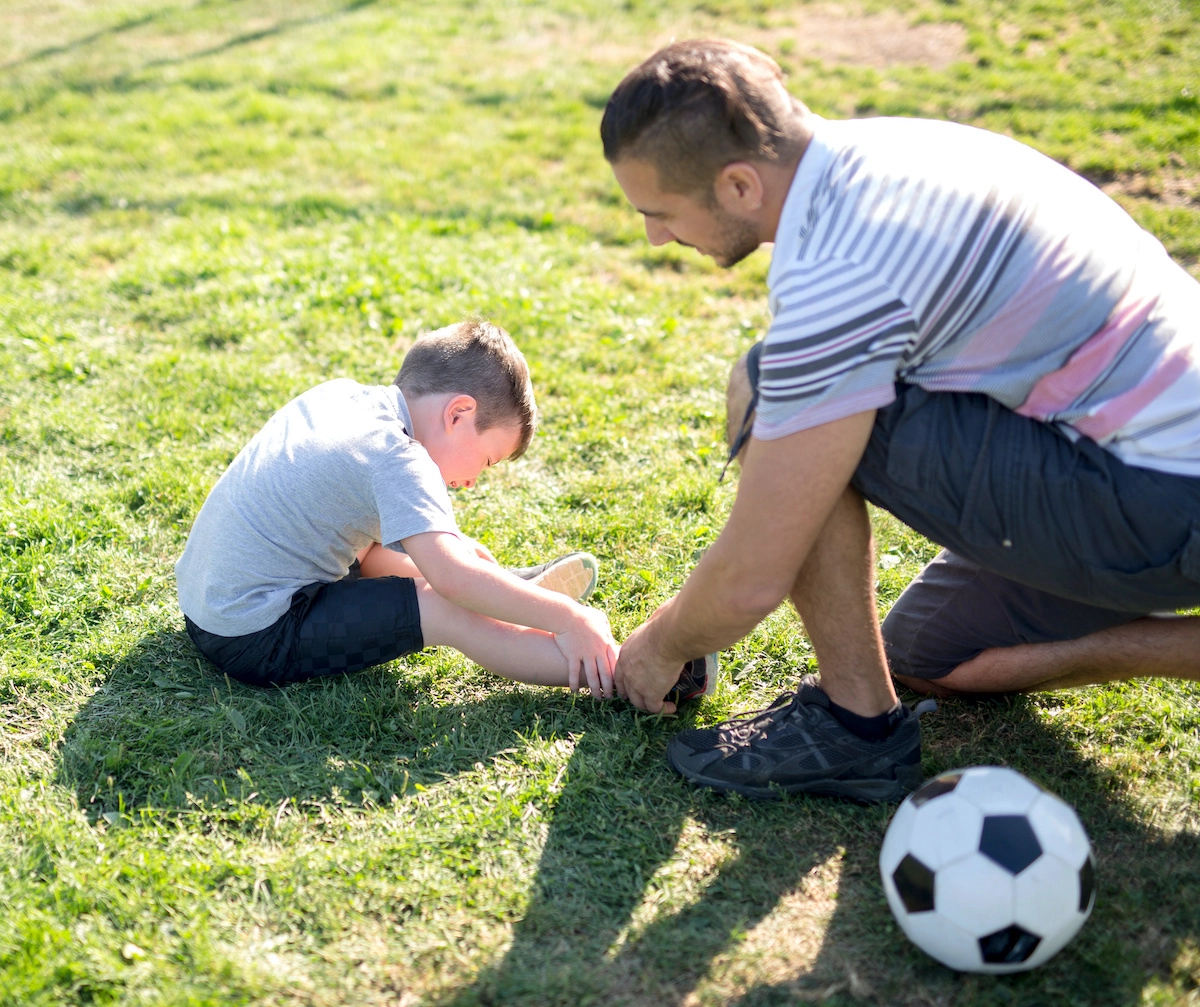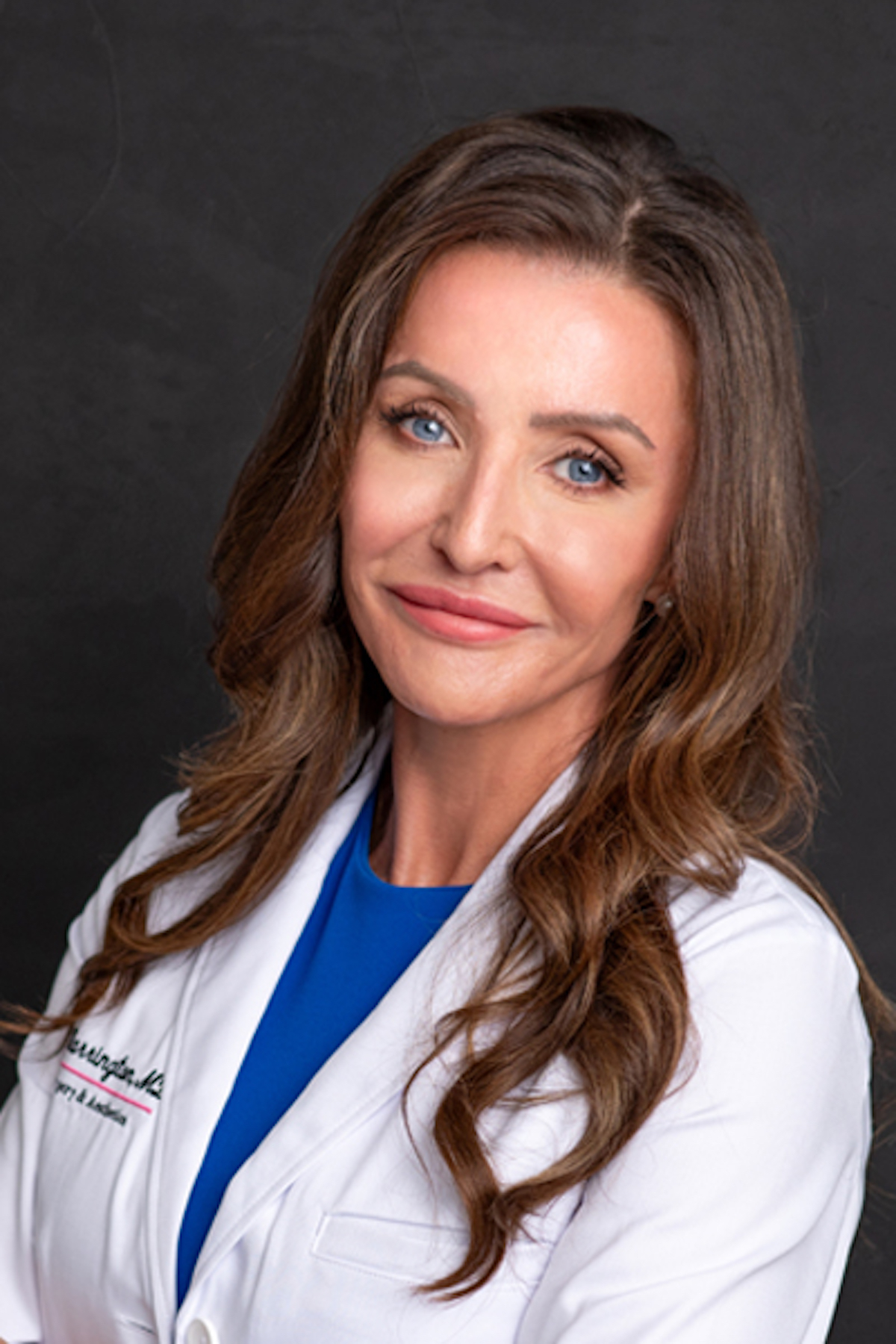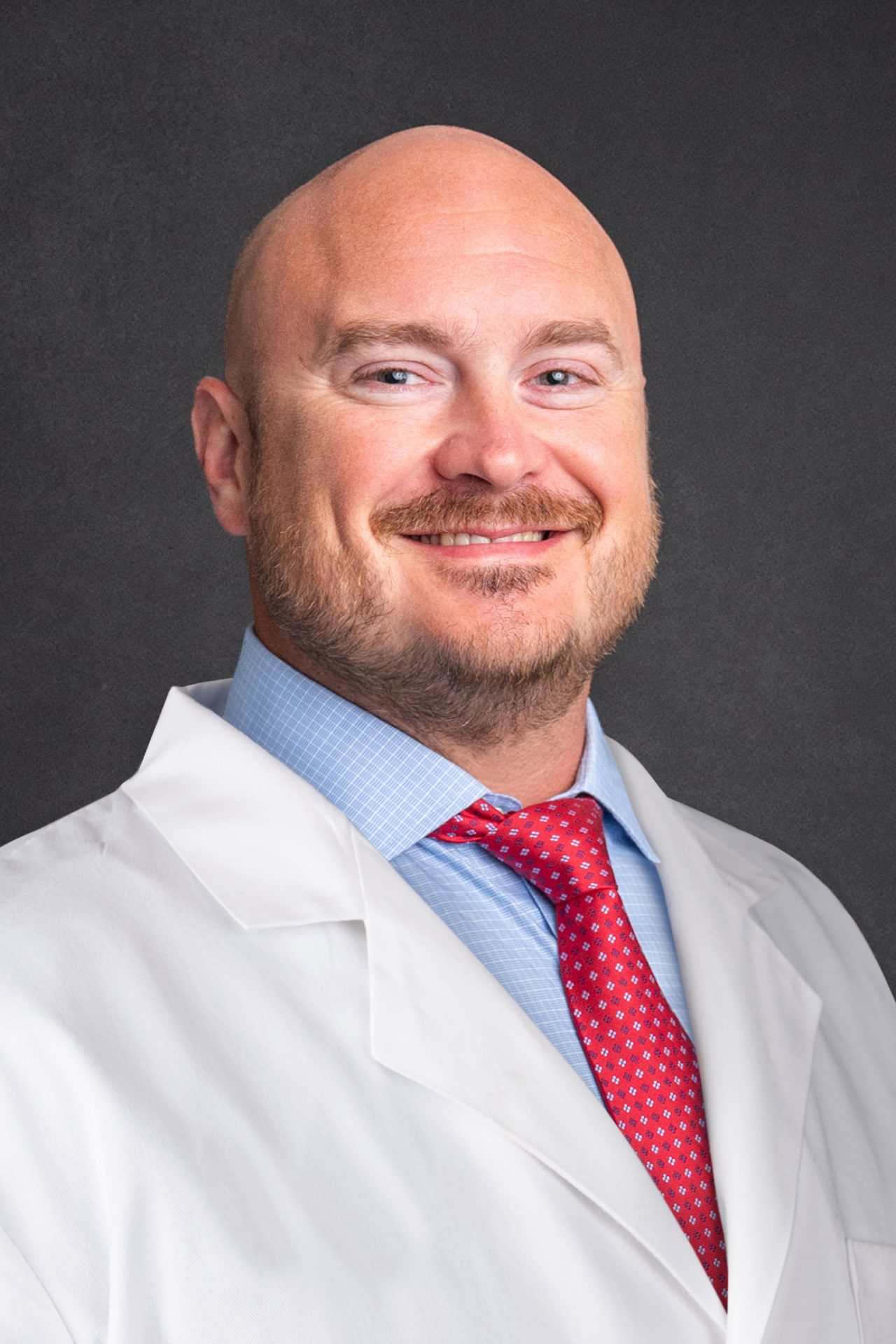
by Judith Treadway, MD
Most of us will experience the loss of a loved one at some point in our lives. And most of us will suffer from extreme sadness and stress upon losing a loved one. But how do we know the difference between grief and depression? When is it important to seek professional help?
Grief is often described according to its stages, which include disbelief, panic, guilt, anger, and so on. These stages may occur all together or in any sequence. Some people experience blocked grief, in which denial helps them cope but prolongs the process. Some people “see” or “hear” the loved one and, in the mourning person, this is generally not considered pathological.
So how does one distinguish between a normal grief reaction and an illness like major depression that may follow loss? A grieving person who is having suicidal thoughts merits evaluation. In addition, weight loss, extreme feelings of guilt, slowed movements or speech, or extreme disinterest in normal activities months after the loss certainly should be considered as warning signs for major depression.
Major depression can occur at any time in life-with or without loss. It is a clinical illness thought to be due to chemical imbalances in the brain, perhaps caused by extreme stressors. Recovery from major depression is typical and is treated by counseling and/or medication. Spiritual and family supports are also very important. If you or someone you know is showing signs of any of these symptoms and you think may be suffering from depression, it is important to get help.


